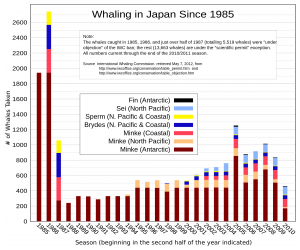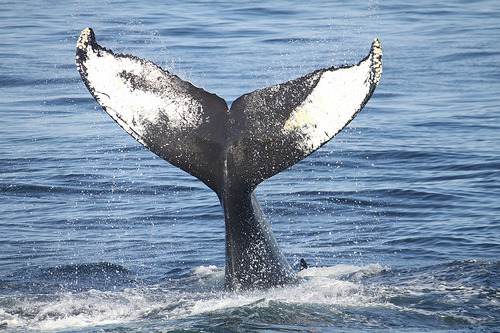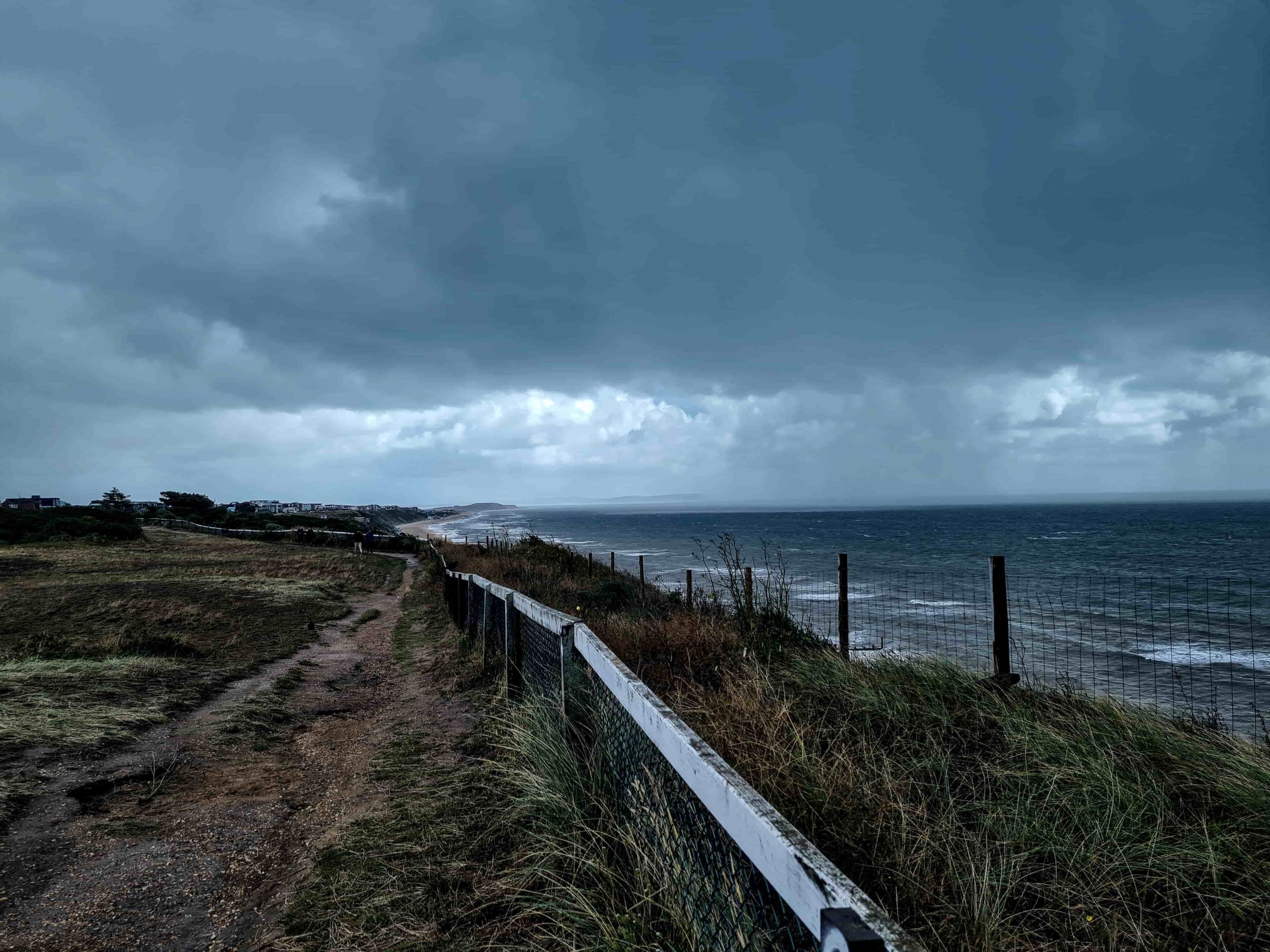Last week Foreign Minister Murray McCully said New Zealand is now officially ready to join Australia in its action against the Japanese scientific whaling program, which every year involves the killing of several whales.
After three years of trying to work with Japan to find a definitive solution to the whaling issue, Foreign Minister Murray McCully said New Zealand had formally applied to join Australia in the International Court of Justice. McCully said he was disappointed after so many diplomatic attempts failed and now New Zealand is firmly intentioned to halt Japanese whaling in the Southern Ocean.
In fact, during the past years New Zealand has been trying to persuade Japan to spontaneously stop its “scientific program” while Australia officially launched a legal action against Japanese whaling in December 2010.
International Whaling Commission, which mainly regulates the whaling industry and fix rules to preserve whale populations, banned whaling in 1986 after some species were at risk of extinction. However, by 1987 Japan continued to kill hundreds and hundreds of specimens hiding behind scientific progress, which now Australia and New Zealand contest has absolutely no basis.

According to World Society for the Protection of Animals’ statistic Japan “currently (2008) kills 1,415 great whales from six species each year, for ‘scientific research’ and the IWC has condemned this as unnecessary and called on Japan to stop their hunts in over 20 separate Resolution”.
Between 2011 and 2012 Japan planned to cull more than 900 whales and Japan’s Fisheries Agency said in September that the fleet’s factory ship is going to be refit to stay in service for the next 10 years.
When a first commercial whaling moratorium was launched by the IWC in 1982, Japan moved an official objection. They then had to face US threats of cutting Japan’s fishing quota in US territorial waters as part of the terms of the Packwood-Magnuson Amendment. Japan withdrew the objection but not being able to keep on commercial whaling, it began whaling using the scientific-research loophole. By then the country has been challenged by many other anti-wahaling countries and activist groups like Greenpeace, which every year bother Japanese whalers while hunting, often with quite violent impacts.
Australia began its battle in 2010 filing a formal complaint arguing “Japan was violating the International Convention for the Regulation of Whaling by killing whales for research purposes”.
The complaint was presented at the International Court of Justice and a decision is expected in 2013 or later, meanwhile the New Zealand government decided to try convincing Japan to drop whaling voluntary, but all the diplomatic attempts sadly failed.
Main image: Flikr








